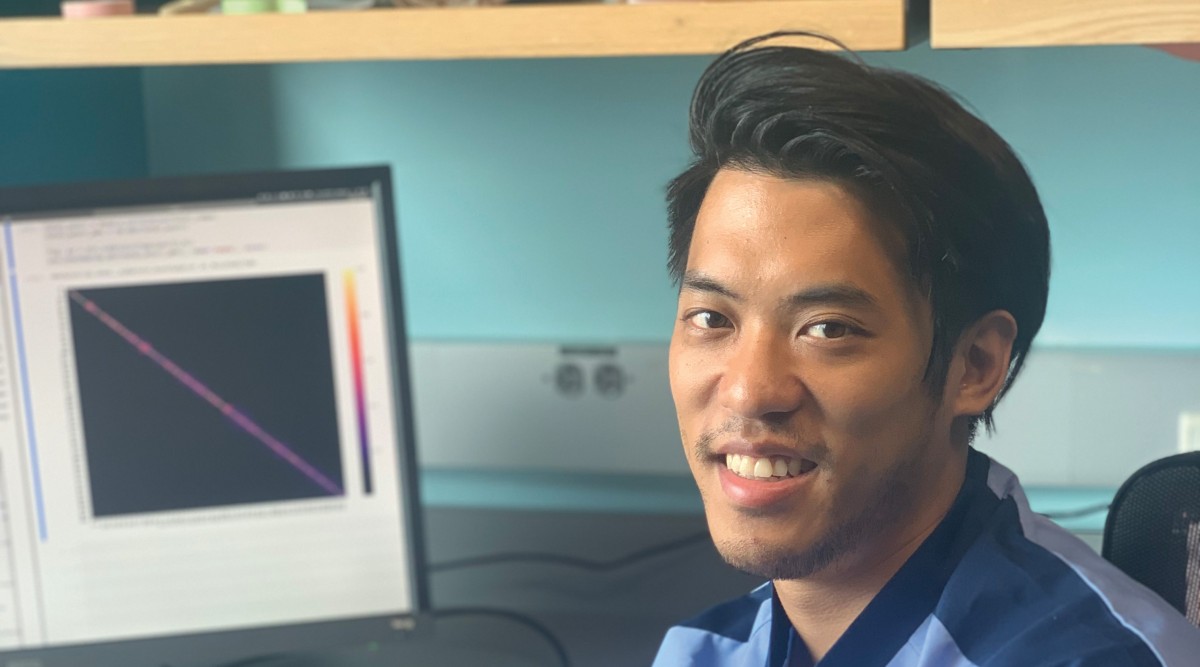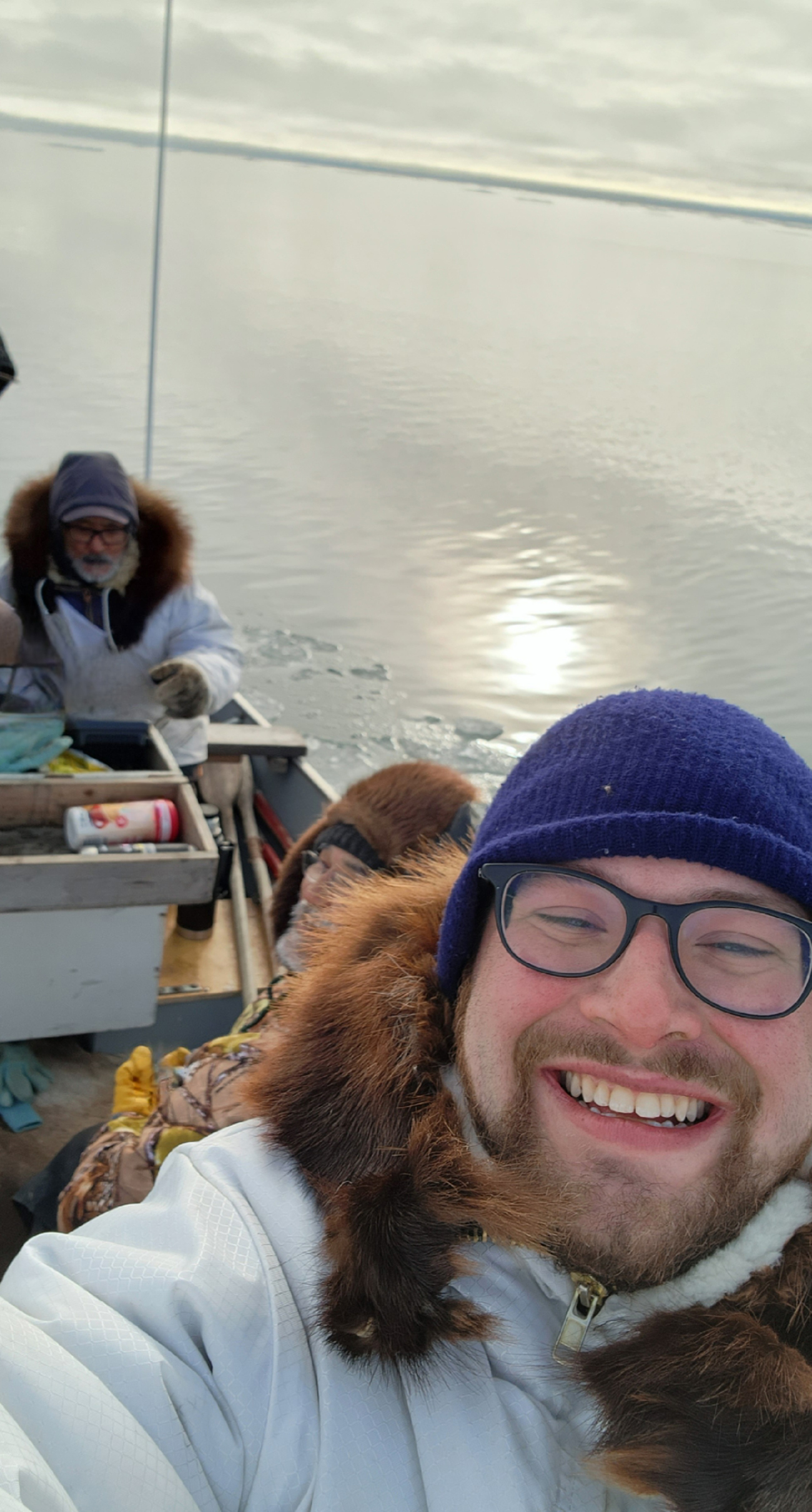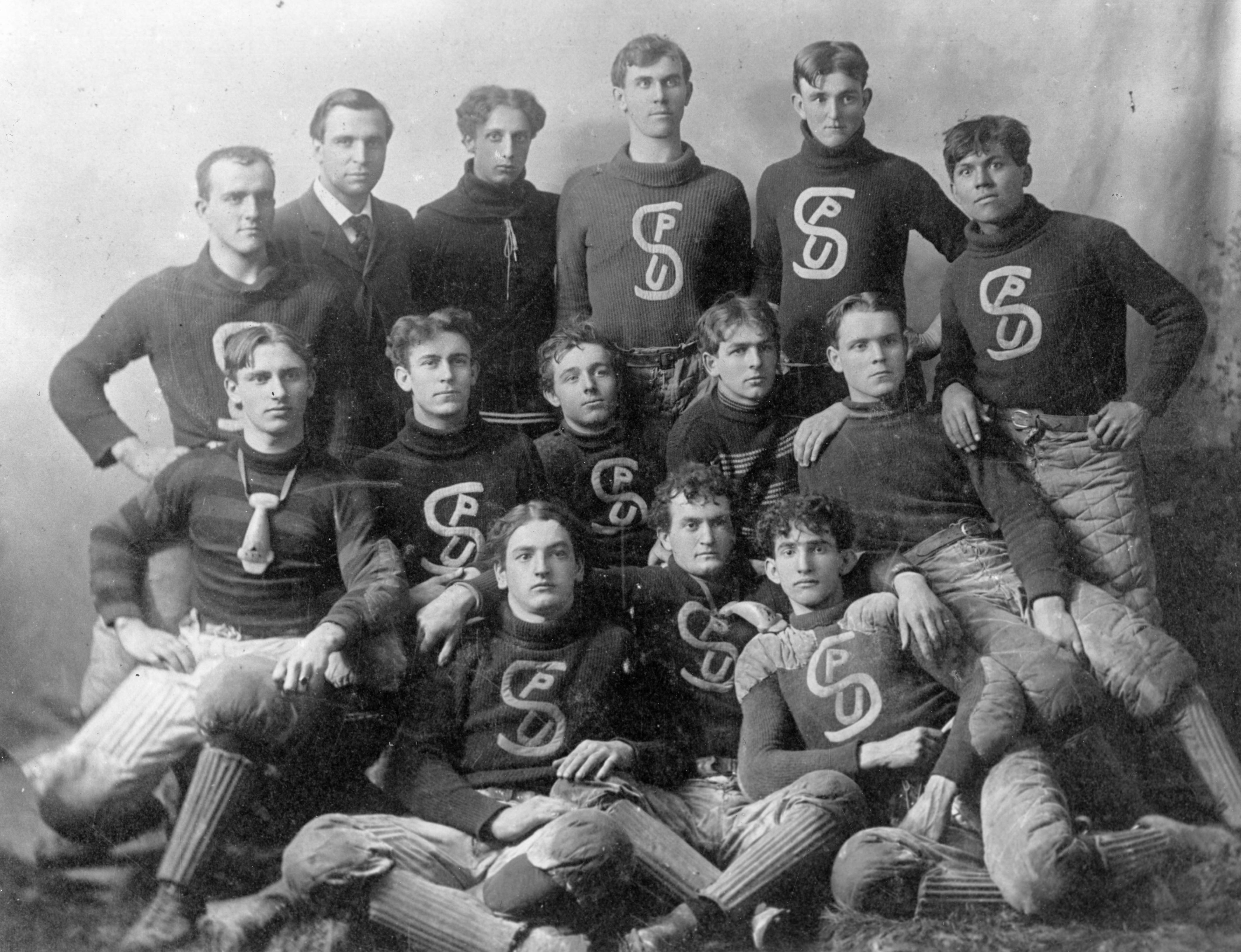The neurologist said he enjoyed his work, but Kenji Lee ’15 sensed a note of despair in the doctor’s voice.
As a Parkinson’s disease specialist, the neurologist said he wished he could do more for his patients. He could give them dopamine to ease symptoms, especially problems with movement, but he could prescribe only so much before it would become toxic.
Kenji was a junior in high school at Hawai`i Baptist Academy at the time, and had always been interested in the brain. He had been hustling home after school each day so he didn’t miss the 3 p.m. live-streamed lecture from Howard Hughes Medical Institute called Making Your Mind. The series was about how the mind constructs memories, keeps track of them, and makes sense of the world around it. His mother, who worked at a local medical office, noticed his interest and set up the meeting with the neurologist. Seeing the doctor’s frustration turned Kenji’s interest into a career path: “That made me want to do research to find out what more can we do for neurological disorders,” he says.

Two years later, Kenji arrived at Puget Sound and declared majors in math and biochemistry and a minor in neuroscience. His work led him to the lab of Siddharth Ramakrishnan, an associate professor of biology and chair of Puget Sound’s neuroscience program, who was studying the effects of the industrial chemical BPA on the mating behaviors and development of zebrafish. Kenji began working in Siddharth’s lab his sophomore year, and jumped in headfirst. “I was able to devote as much time as I wanted to the lab and start doing neuroscience research before I had even taken a class in the subject,” he says.
By his junior year of college, Kenji had set his sights on landing a job at Seattle’s Allen Institute, which conducts research on brain science, cell science, and immunology—a goal made more real after meeting the institute’s president, Christof Koch, when he came to campus to talk with students interested in neuroscience. Siddharth arranged the visit with the help of David Poston ’85, a longtime Puget Sound volunteer and, at the time, chief operating officer of the Allen Institute.
Not long after graduation, while working as a researcher at the University of Washington, Kenji got a call from an Allen Institute employee he’d met at a conference his senior year. There was an opening. He joined the institute as a researcher, working on creating an “atlas” of the mouse brain. “We went back and documented the functional properties of several types of cells in many layers of the cortex,” he says. “We looked at how the neurons reacted to certain stimuli.” The idea was to provide “a common language of data that neuroscientists can use,” something he says didn’t exist before.
Kenji spent nearly four years at the institute before deciding to pursue his Ph.D. in cognitive and computational neuroscience. He began in September at Boston University, where he’s studying how to teach computers to understand the brain’s intentions, with hopes of applying that work to developing better prosthetics. “Most prosthetic limbs don’t talk to the brain; they just talk to the muscles,” he says. The work has implications for people who are paralyzed, have had strokes, or have neurological disorders, where connections among different areas of the brain have been disrupted.
Kenji hopes the advanced degree will allow him to spearhead his own research. He wants to develop new treatments and—like the neurologist who influenced him when he was in high school—do more than just prescribe.










